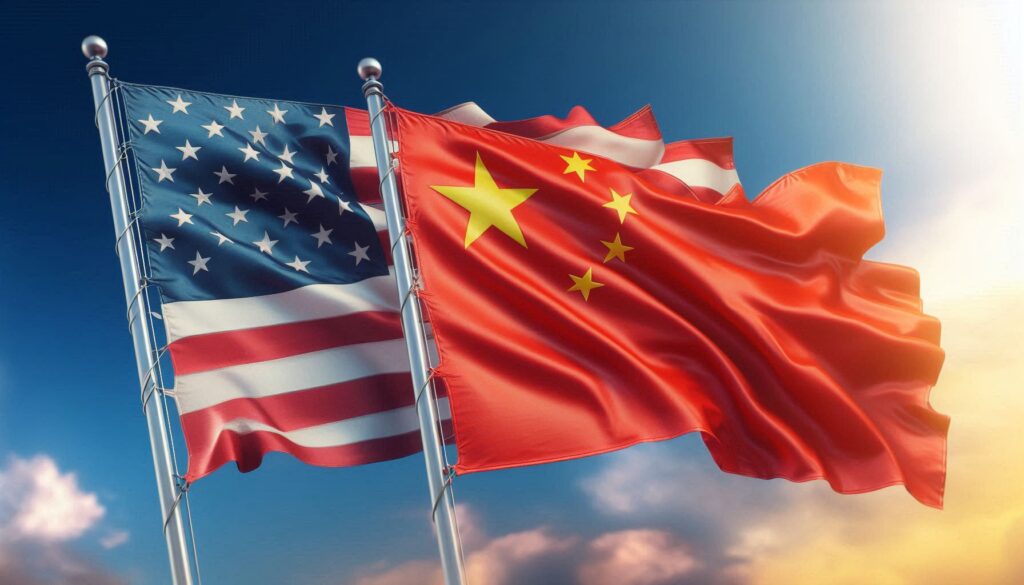
China and the US have agreed a 90-day pause to the deepening trade war that has threatened to upend the global economy.
Speaking to the media after talks in Geneva, the US treasury secretary, Scott Bessent, said both sides had shown “great respect” in the negotiations.
A spokesperson for China’s ministry of commerce said: “This move meets the expectations of producers and consumers in both countries, as well as the interests of both nations and the common interest of the world.”
The 90-day lowering of tariffs applies to the duties announced by Donald Trump on 2 April, which ultimately escalated to 125%, with China responding with equivalent measures.
China also imposed non-tariff measures, such as restricting the export of critical minerals that are essential to US manufacturing of hi-tech goods.
With the 115% deduction, Chinese duties on US goods will be lowered to 10%, while the US tax on Chinese goods will be lowered to 30%. That is because the US tariffs include a 20% rate imposed by Trump before the latest trade war, which the president said was related to China’s role in the US’s fentanyl crisis. The fentanyl-related tariff will still apply.
Financial markets responded positively to the announcement. China’s yuan currency strengthened to its highest level in six months, while European stock markets showed significant gains. Germany’s DAX index increased by 1.5% and France’s CAC rose 1.2%. Economic analysts had warned of serious consequences had the trade conflict continued unabated, with estimates suggesting up to 16 million jobs were at risk in China. Meanwhile, American consumers faced the prospect of increasing inflation and potential supply shortages due to the substantial tariffs affecting their largest goods supplier.
A joint statement published by the US and China on Monday said that both sides would “continue to advance related work in a spirit of mutual openness, continuous communication, cooperation and mutual respect”.










